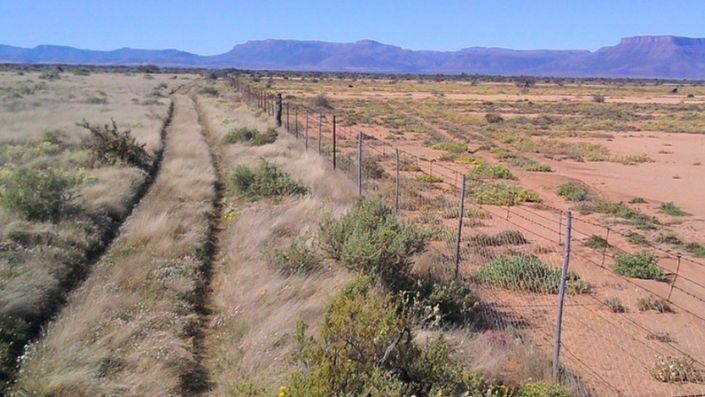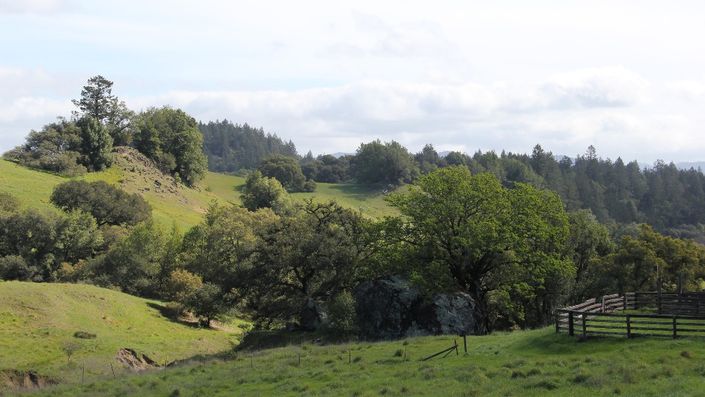Foundations of Holistic Management
The solution to climate change, drought resilience, food security, and financial viability lies in our approach to management. At Savory, we believe the solution to these pressing world issues is that management of our land, livestock, and people must be holistic.
Holistic Management uses decision-making and planning processes that give people the insights and management tools needed to work with the web of complexity that exists in nature; resulting in better, more informed decisions that balance social, environmental, and financial considerations.
Dive into the five foundational courses of Holistic Management and learn to think and act for our future.
You will learn:
-What Holistic Management is and how it manages complexity
-The four ecosystem processes and their impact on the environment
-What tools are available for managing ecosystem processes and how their application affects land
-How to make decisions that align with your resources and values
-How to plan your decisions around the short and long-term
This course is for:
-Land Managers seeking to manage land regeneratively
-Teams who are changing their approach to management
-Consumers looking to make educated choices
-Stewards of our environment
Estimated Course Time: 25 hours
Instructional Videos
50+ instructional videos to improve your understanding.
Course Field Manuals
Downloadable field manual you can take with you anywhere.
Support from Accredited Trainers
Connect with Savory Accredited Professional and get feedback on your questions.
Your Instructor:

Byron Shelton
Byron is the Senior Program Director for the Savory Institute. His role involves providing training in Holistic Management for the worldwide network of Savory Institute Hubs and Accredited Professionals. He also provides farm and ranch management consulting for the Savory Institute.








